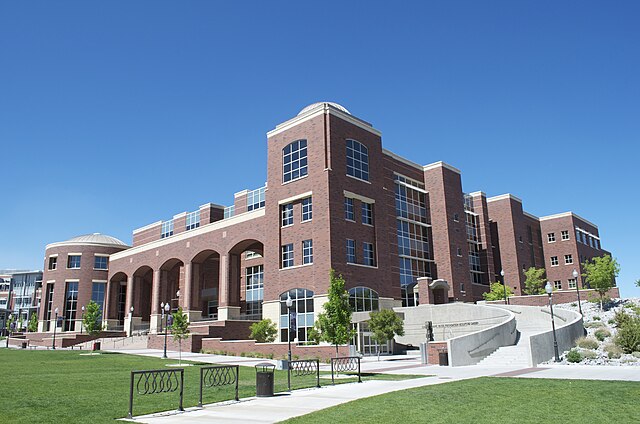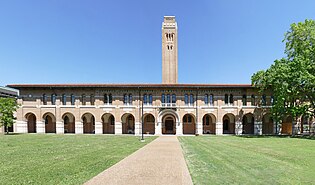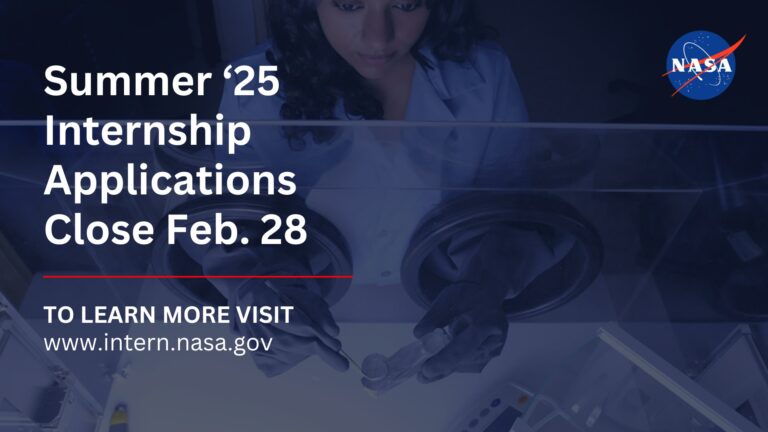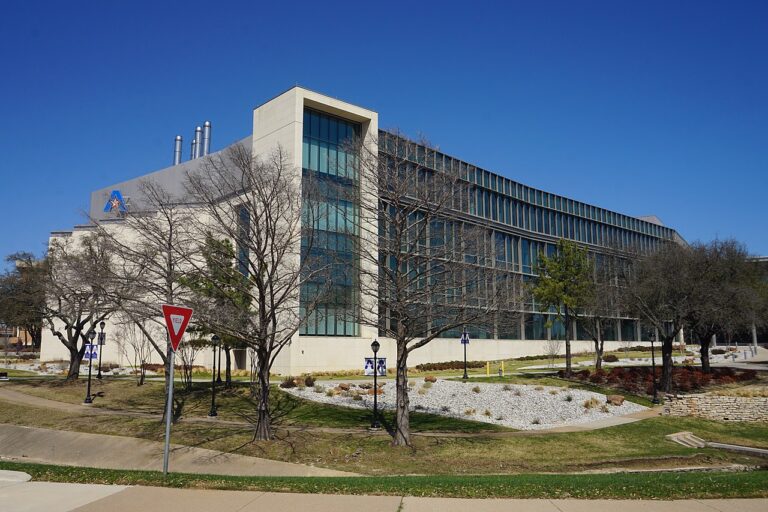We are recruiting talented Ph.D. Students (with an engineering background) and/or Postdoctoral Scholars (from any field). Please review the details and required qualifications below. If you meet the qualifications, send me your complete C.V. along with your academic transcripts (email to hebrahimian@unr.edu).
Ph.D. applicants should have:
- An undergraduate engineering degree from reputable universities with GPA > 3.5.
- Master’s degree with GPA > 3.5 is a plus.
- Strong background in mathematics, computer programming, and basic engineering sciences.
- Relevant background and/or research experience in the related subject areas – see below.
Postdoc applicants should have:
- A Ph.D. degree is related fields with GPA > 3.8.
- A stellar academic record and proven history of productivity in academic research.
- Highly relevant research experience and technical background – see below.
- Priority will be given to domestic candidates residing in U.S.
RESEARCH THEME 1 – WILDFIRE SIMULATION, DATA ANALYTICS, AND RISK ENGINEERING
(PH.D. STUDENTS / POSTDOCTORAL SCHOLARS)
The prospect research will be focused on wildfire engineering, including simulation, data analytics, risk assessment, and resilience engineering. You need to be a smart and motivated self-learner, interested in learning new technical concepts, solving abstract problems, learning new software, and developing computer codes.
Students with Computer Science background will be hired through a joint Ph.D. program between Civil Engineering and Computer Science.
Postdoctoral candidates need to have relevant experience and research background with a history of quality publications.
Ph.D. students should have solid background in one or more of the following subjects:
- Computer programming – past experience with MATLAB, Python, and/or C++.
- Experience with cloud computing, GPU-based computing, and a working knowledge in Linux.
- Machine learning, neural networks, and artificial intelligence.
- Spatial data analysis.
- Computer vision techniques.
- Statistics, probability, reliability, and engineering risk assessment.
- Methods for stochastic simulation and uncertainty quantification.
- Resilience engineering and disaster sciences.
- Fire sciences.
Research Theme 2 – Structural Mechanics, Computational Modeling, and Data Methods
(Ph.D. Students)
The prospect research will be within the general areas of large-scale experimental research, structural mechanics, computational modeling, data methods, data assimilation and model updating with application to civil and mechanical systems. You should be good at theoretical research, solving mathematical problems, and developing and implementing large-scale computer codes.
To be eligible, you should have solid background in one or more of the following subjects:
- Theoretical knowledge in nonlinear computational mechanics and nonlinear FE modeling. Experience with a simulation platform such as OpenSees and/or LS-DYNA is required.
- Computer programming – extensive experience with MATLAB, Python, and/or C++. Experience with cloud computing and GPU-based computing is a plus.
- Large-scale experimental testing of structural components and systems.
- Methods for structural sensing, monitoring, and system identification.
- Random vibrations.
- Stochastic signal processing.
- Model inversion, parameter estimation, and optimization.
- Neural networks and artificial intelligence.
- Computer vision and Digital Image Correlation (DIC) techniques.
Feature photo credit: Wikipedia
If you have any inquiries or concerns about the content posted on our website, please do not hesitate to reach out to us via email (info.gradassistantship@gmail.com).




